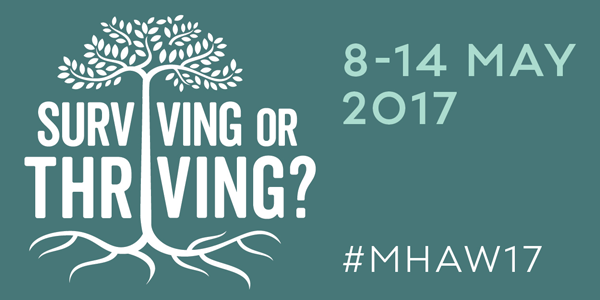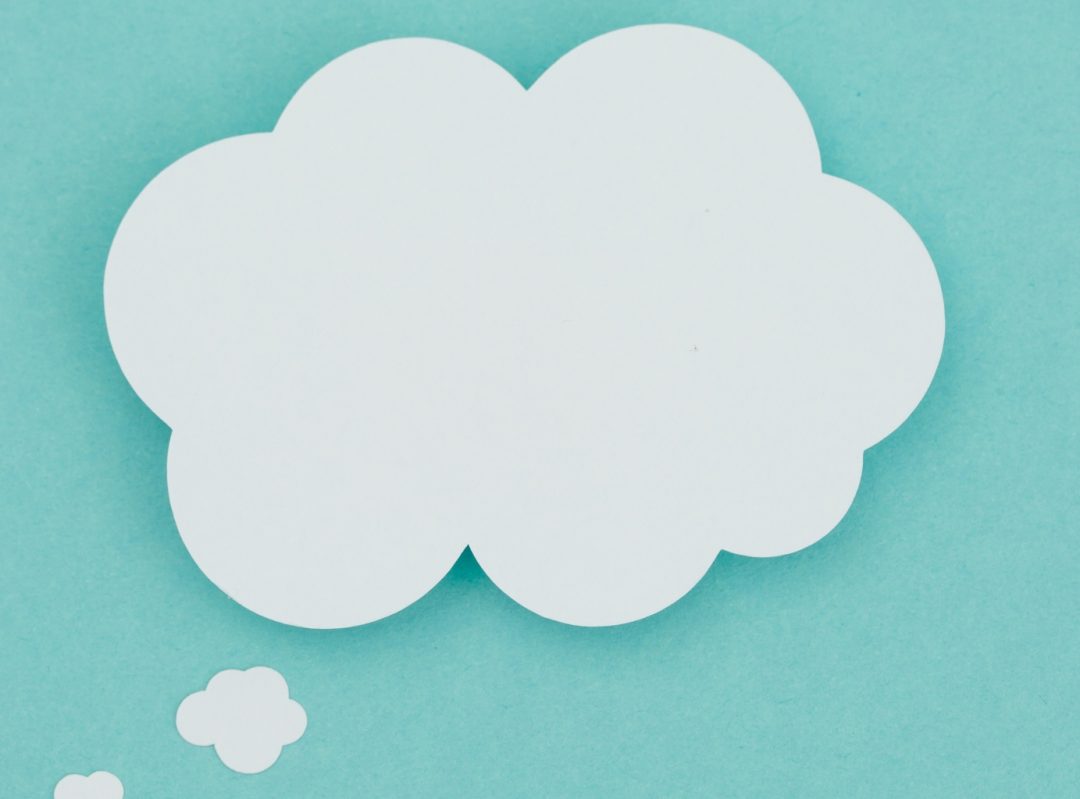 There has been a lot of focus in the media recently about mental health. Prince Harry opened up in an interview about how not dealing with his mothers death when young led to long lasting mental health issues that he eventually had to seek help for.
There has been a lot of focus in the media recently about mental health. Prince Harry opened up in an interview about how not dealing with his mothers death when young led to long lasting mental health issues that he eventually had to seek help for.
Now my feelings about the monarchy aside, any conversation and focus on mental health issues is positive. Yet it shouldn’t take a ‘celebrity’ admitting to problems to make it seem acceptable. What it does show though is that no one is immune. Just like many physical ailments don’t discriminate based on wealth or status neither do mental health issues.
Some mental health issues are triggered by specific life events, for some of us it’s woven into the fabric of our existence; for many it’s a combination of both.
There are general mental health stigmas and then there are the ones linked to specific mental health issues.
Let’s start with the general.
1. It’s a sign of weakness.
Many who day in day out deal with mental health issues whilst trying to put one foot in front of the other are incredibly strong. It takes an incredible mental strength to do that. You are not weak. Many who have issues often try ‘to paint a face on it’. It is sometimes the people you would never imagine who are struggling the most. We hide it, we put up walls and pretend we are stronger than we feel. Being vulnerable is not weak. You can be both strong and vulnerable and both are ok. Both are normal.
2. Having a mental health issue makes you less capable professionally.
We assume that if you have a mental health issue, you won’t be capable of carrying out your ‘duties’ properly. That people who know you in that capacity will judge you. There is a real dangerous problem with this because we hide it from our colleagues, teachers and peers for fear of what they will think. Yes, in some cases it will impact your ability to learn and work when you are perhaps at your worst and it’s important you have support at that time but we should never hide it. I take immense joy and pride in my job but for years I hid my eating disorder for fear that I would be seen as less capable. I’m not. Some days might be harder for me but I am still capable.
3. There is shame attached to it.
‘I’m not normal’, ‘I’m broken’, ‘I’m not really sick’.
Shame is a huge barrier to people seeking help, we fear what others will think. We believe we are not worthy of help. What will my friends think, my family.
EVERYONE at some point in their life will struggle and we can’t allocate blame or shame on ourselves if that struggle is sometimes more daily.
4. You should just ‘suck it up and deal’, people have it worse.
This one I particularly struggled with. I felt my anorexia and bulimia was ‘a first world problem’. A middle class white girl problem. That I was ‘doing this to myself’ and there are people born with or who develop physical health issues. I felt real guilt about that. Yet it’s ok to recognise your issues are valid and worthy of help despite the origins or way it manifests. For a long long time I was not in control of my behaviours, a direct result of my warped thought processes and cripplingly low self esteem. It also created real and dangerous physical problems. Mental health issues are as valid as physical ones, and it’s ok to recognise you have a problem worthy of help even though others suffer too. If we are to make people comfortable in seeking help, we have to recognise everyone is worthy of good mental and physical health.
Now for a specific stigma.
This one relates directly to eating disorders. My own issue.
Weight doesn’t define an eating disorder.
I’ve mentioned this in a previous blog. I was only underweight when I was anorexic. For the 7 years I was in the darkest period of my bulimia I was not. Yet I was ill, very ill. I was bingeing and purging daily. Often multiple times. We assume if you have an eating disorder you have to be wasting away. Not true. This is something medical professionals also need to recognise as many are not admitted for treatment unless they display a low enough BMI. Therefore huge numbers remain untreated and their disorders can last for years unmanaged.
It’s ok not to be ok. Talk to someone, be honest. Talking is powerful, it’s liberating and it’s a huge tool in managing whatever you are dealing with. If you are perhaps not ready to open up to those you know there are many organisations who can help you anonymously.

Thank you so much for the post. I have depression and anxiety. It’s been very hard to deal with all the stigma, especially these ones you mentioned “you’re not ill” and “this is a white person’s disease. Just get over it”. I like to write about mental health in order to help other people and break part of the stigma.
LikeLiked by 1 person